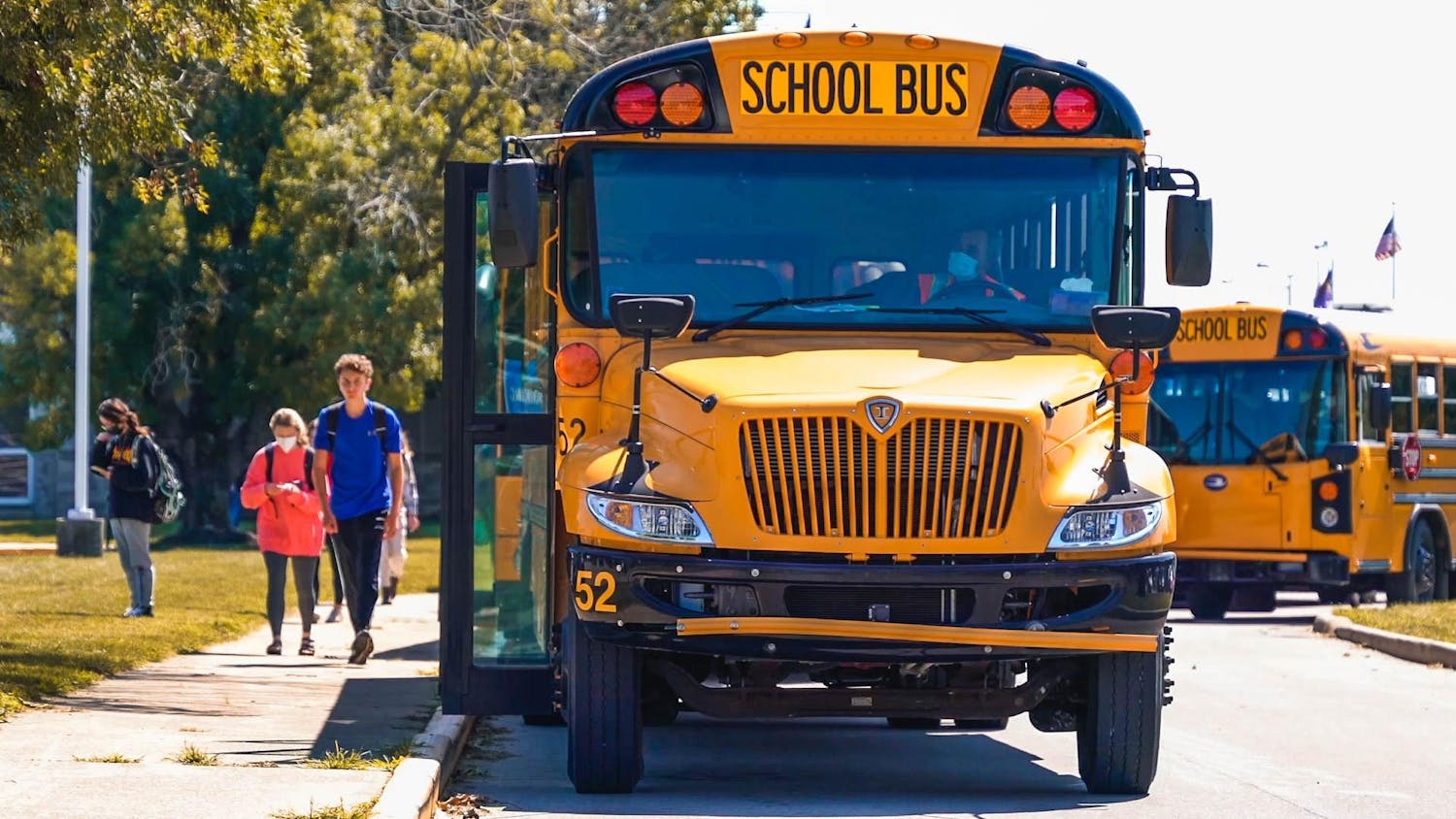Nearly every seat was full, and people stood against the back wall while their kids sat on the floor, coloring with crayons.
Only three minutes to talk, the moderator said. “Unless you want to be here for Thanksgiving.” And no repeat comments, please.
It was a public hearing, and everyone was there to testify either for or against the implementation of Seven Oaks Classical School in Monroe County.
Now, about two-and-a-half months later, Grace College, a small liberal arts college in Winoa Lake, Indiana, has announced it will grant authority for Seven Oaks to become a charter school.
The school will begin operation as early as August 2016, according to a Seven Oaks press release. It plans to open its doors to more than 400 students from Monroe and its surrounding counties in kindergarten through eighth grade, the release said. It will be tuition-free, and open enrollment will begin on Feb. 1 and extend through March 17.
The school plans to use a classical education model, which advocates a form of education based in traditions of Western culture.
“We couldn’t be more pleased with Grace College’s decision,” said Terry English, a member of the Seven Oaks board of directors, in the release. “We’ve never lost sight of our vision to bring quality education to families who are seeking an alternative to public schools in the area.”
Opponents of charter schools argue the schools, which have a small student body, form an “elite” group of students, almost as a private school would. But charter schools aren’t private; they’re public schools that take public taxpayer dollars.
“The whole process is like an educational taxation without representation,” a man said at the meeting in November.
“It seems that to these folks, one-size-fits-all culture will permeate the entire school,” another speaker said. “It seems clear they’re creating their own segregated culture.”
Each speaker’s testimony ended in rapturous applause. While the moderator asked to hold applause, to save time so every speaker could get a chance to voice his or her opinion, everyone was too fired up to listen.
Supporters of charter schools, however, said parents should have the option available to send their kids to receive whatever type of education they feel is best.
“I’m just for freedom,” a supporter said. “I’m for freedom of choice. I think choice is really good. I don’t think we should be afraid of it.”
“I want the strongest education possible for my children,” another said.
Penny Githens, an IU employee who plans to run for state representative in this upcoming election, said she doesn’t support the charter school because she doesn’t believe charter schools provide enough support for special education students.
In looking through the charter school proposal, Githens said she only saw one special education teacher proposed, and nothing in the contract about a speech pathologist, which students with disabilities often require.
“We just have too many unemployed or underemployed special needs adults,” said Githens, whose son has autism. The solution to unemployment for special needs adults, Githens said, is providing them with better education early on.
Community member Cathy Fuentes-Rohwer, who testified against Seven Oaks at the hearing back in November, said she’s disappointed Seven Oaks received approval because it will take funds from public schools, and because she doesn’t think charter schools are transparent enough.
“I don’t support charter schools because they are not publicly accountable,” Fuentes-Rohwer said. “They can take our funding, but they don’t have to show where all the tax dollars are going. It divides the community and takes funding away from children who need it most.”
Fuentes-Rohwer said to move forward with the improvement of education in Indiana, community members need to stop voting for legislators who “drain public dollars from public schools.”
Seven Oaks will move forward, too, by hiring staff and finalizing the purchase or leasing of a facility in Bloomington. Being granted approval by Grace College was only the first step in a long process, Matt Wolf, vice-president of the Seven Oaks board, said in the release.
“The multitude of tasks moving forward is daunting but we feel they can all be accomplished,” Wolf said. “We’ve managed to come this far.”





